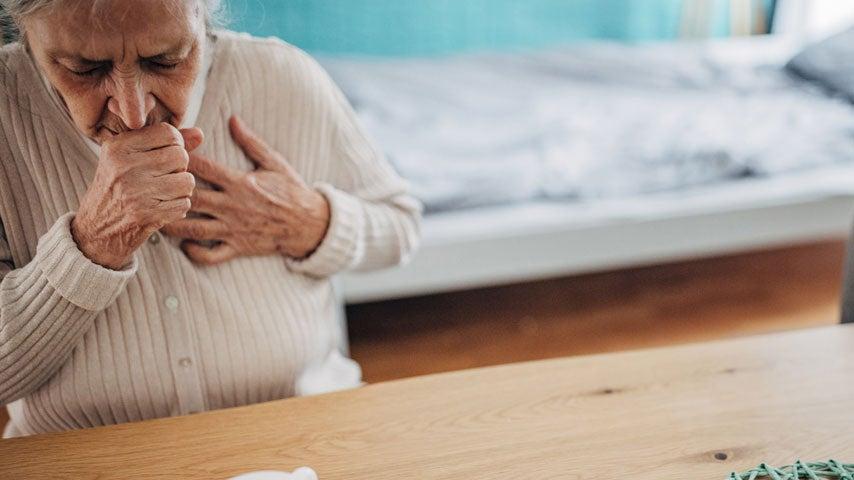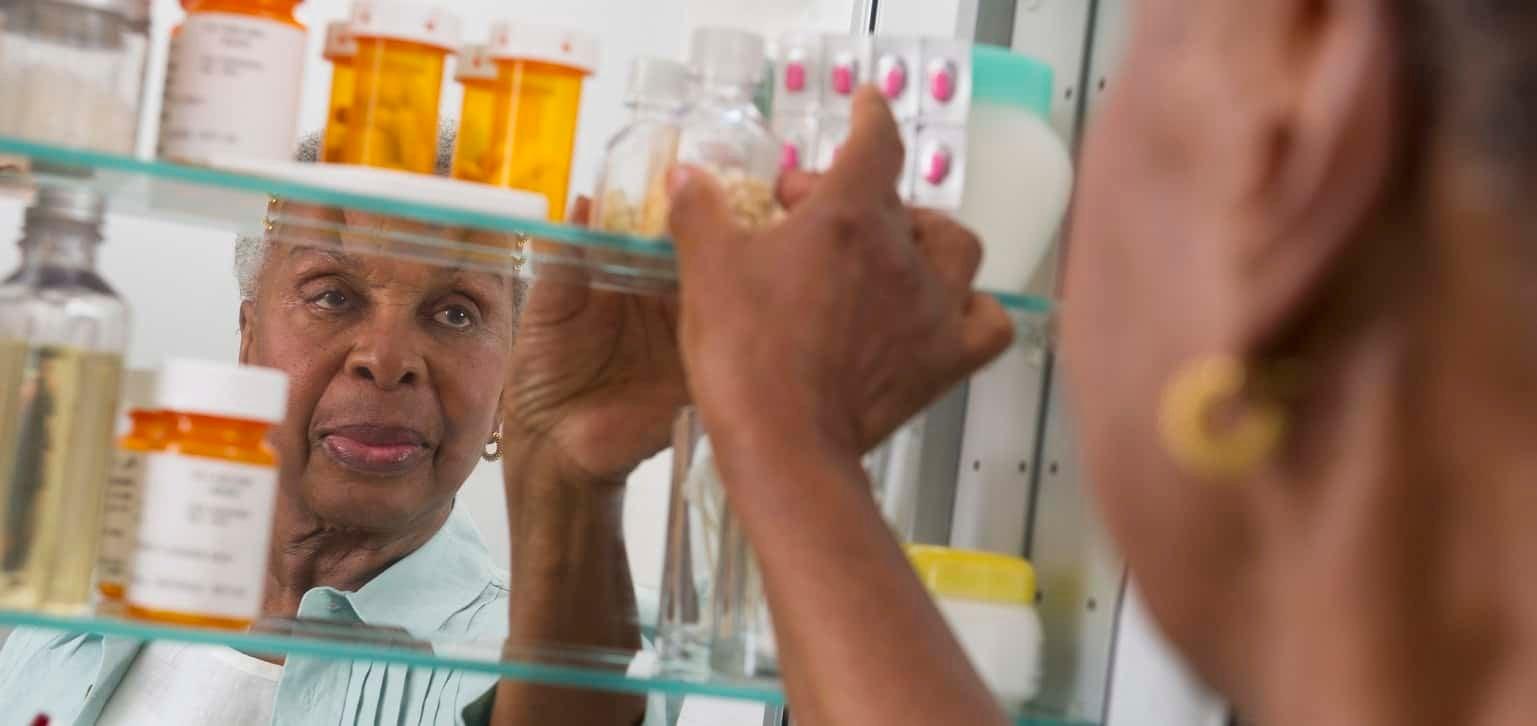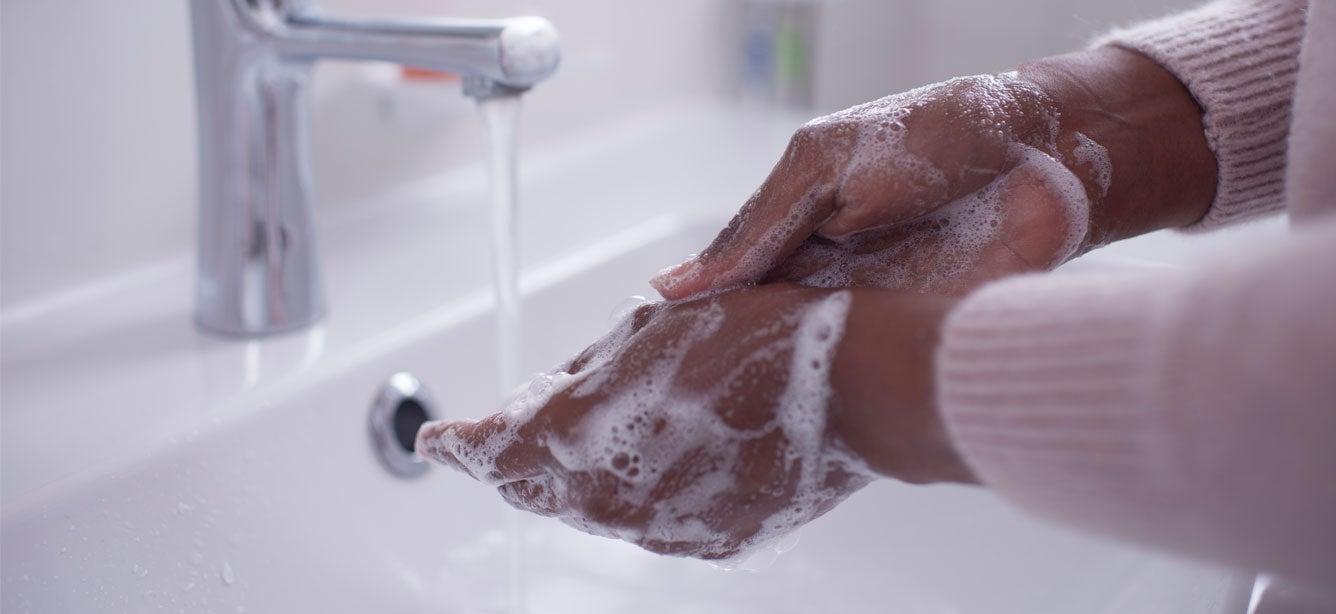
Related Topics
When COVID-19 emerged onto the world stage in early 2020, experts advised wearing a face mask to protect other people. But it's now become clear that wearing a high-filtration, well-fitting mask can go a long way in protecting you as well. This is especially important for adults over the age of 65, people who are immunocompromised, and those with chronic medical conditions.
To help you make informed decisions about mask-wearing, we’ve created a guide to the best face mask to protect against COVID and other respiratory illnesses like the flu and respiratory syncytial virus (RSV).
When should I wear a mask with COVID?
The science is certain: masks are still a vital tool in preventing infection and slowing the spread of COVID and other airborne diseases.
Public health guidance states you should wear a mask indoors in public spaces if:
- You test positive for a respiratory virus like COVID.
- Respiratory viruses are at high levels in your community.
- You think you were exposed and will be around someone who is high risk.
- You are a person at high risk of becoming severely ill, such as:
- Adults age 65 and older
- People with chronic health conditions (like heart disease, lung disease, diabetes, or cancer)
- Those with weakened immune systems
- People who are pregnant or recently pregnant
- People with disabilities that affect daily living or health care needs
- Residents of nursing homes or long-term care facilities
- Young children, especially infants under 6 months
Experts advise that in general, people do not need to wear masks when outdoors since the risk of transmission is low outside. But if you're at high risk and in a crowded space, you may want to consider wearing a mask outdoors.
What is the most effective mask for COVID?
The Centers for Disease Control and Prevention (CDC) recommend wearing a mask that offers the optimal combination of protection and fit. What’s more, it should be a comfortable mask that you’ll wear consistently.
What is the best mask to buy for COVID? There are a variety of masks available for use, each providing a different level of protection:
- Cloth masks: Cloth masks are reusable face coverings that loosely fit over your nose and mouth. Since they don’t create a tight seal around the nose and mouth, they offer the lowest level of protection against COVID and other viruses. While cloth masks can help block larger respiratory droplets, they generally do not filter out smaller airborne particles. Because there are no standard testing or regulatory requirements for cloth masks, it’s difficult to know how much protection any given cloth mask provides.
- Disposable surgical masks: Does a surgical mask help you avoid COVID-19? According to CDC, surgical masks provide a physical barrier that blocks larger respiratory droplets and offer slightly more protection than cloth masks. But like cloth masks, disposable face masks aren’t regulated, and it’s difficult to know exactly how much protection they provide. Wearing one that fits as snugly as possible over your nose, mouth, and chin can help maximize its effectiveness.
What about N95 masks for COVID-19?
Disposable N95 masks (also called respirators) are National Institute for Occupational Safety and Health (NIOSH)-approved masks that provide highly efficient filtration of airborne particles. These high-filtration masks may also be called KN95s. The KN95 variety are certified in China instead of the U.S. but offer a comparable level of protection.
When worn properly, an N95 mask creates a tight protective seal around the nose and mouth. N95s filter out up to 95% of airborne particles when they fit properly—including COVID. They can also capture droplets and particles you breathe, cough, or sneeze out so that you don’t spread them to others. Due to its better filtration, an N95 mask can provide a higher level of protection than a cloth or surgical mask if it’s worn properly.
When should you wear an N95 mask?
Some scenarios that warrant wearing an N95 or K95 mask versus a cloth or surgical mask include:
- You're at greater risk for severe illness from COVID-19 (e.g., you have an underlying condition such as diabetes).
- You think you’ve been exposed to COVID, and you’ll be around someone who is at high risk for severe illness.
When it comes to buying the best N95 mask for COVID-19, you need to shop carefully. Unfortunately, there are many counterfeit (fake) N95s for sale today. When purchasing a respirator mask, look for clear N95 markings or KN95 markings on the package and on the mask itself.
N95 masks can be reused—but should be discarded after five uses. They should also be disposed of when they are damaged, dirty, or difficult to breathe through.
Getting vaccinated is still your best defense against COVID
In addition to masking, the best way to protect yourself and those you care about is to stay up to date on your COVID vaccine.
What’s the 2025–2026 COVID vaccine guidance for older adults?
According to CDC’s Advisory Committee on Immunization Practices (ACIP), vaccination for anyone age 6 months and older is now a personal decision made alongside a health care provider.
“NCOA supports evidence-based vaccines as a safe, effective way for older adults to protect themselves and their communities,” says Dorothea Vafiadis, Senior Director of NCOA’s Center for Healthy Aging. “We encourage you to talk with your doctor or pharmacist about your personal risks and get the updated 2025-2026 COVID, flu, and RSV vaccines. It’s the best way to protect your health, independence, and quality of life.”



